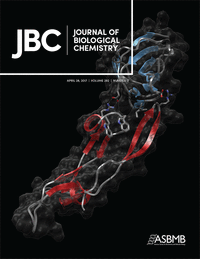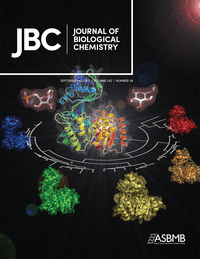 The Journal of Biological Chemistry has added an expression of concern to a 2003 paper that arose from the PhD thesis of a once-prominent — and controversial — science journalist in Australia.
The Journal of Biological Chemistry has added an expression of concern to a 2003 paper that arose from the PhD thesis of a once-prominent — and controversial — science journalist in Australia.
The first author of the paper is Maryanne Demasi, a journalist whose reporting created unintentional headlines in recent years. In 2013, she produced a controversial series about cholesterol and fat (and even cast doubt on cholesterol-lowering drugs known as statins); in 2016, she was fired from the science program Catalyst, after it aired an episode alleging wi-fi could cause brain tumors.
Now, it appears the research community is taking a second look at some of the work underlying her PhD in rheumatology from Royal Adelaide Hospital. Here’s the notice from the journal:
Continue reading Controversial Australian journalist’s paper flagged by journal
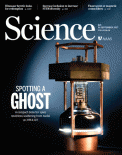 Science has issued an expression of concern for a widely covered materials science paper published on Friday, citing issues with the supplementary data.
Science has issued an expression of concern for a widely covered materials science paper published on Friday, citing issues with the supplementary data.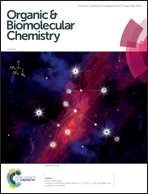


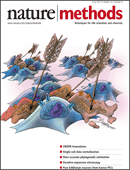

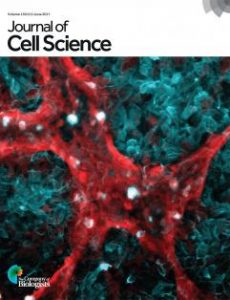
 A diabetes journal has issued two notices of concern for papers co-authored by a researcher who took another publisher to court after it did the same thing — but
A diabetes journal has issued two notices of concern for papers co-authored by a researcher who took another publisher to court after it did the same thing — but 